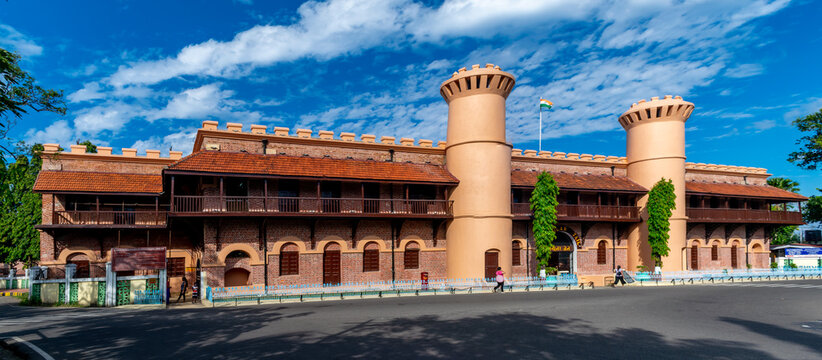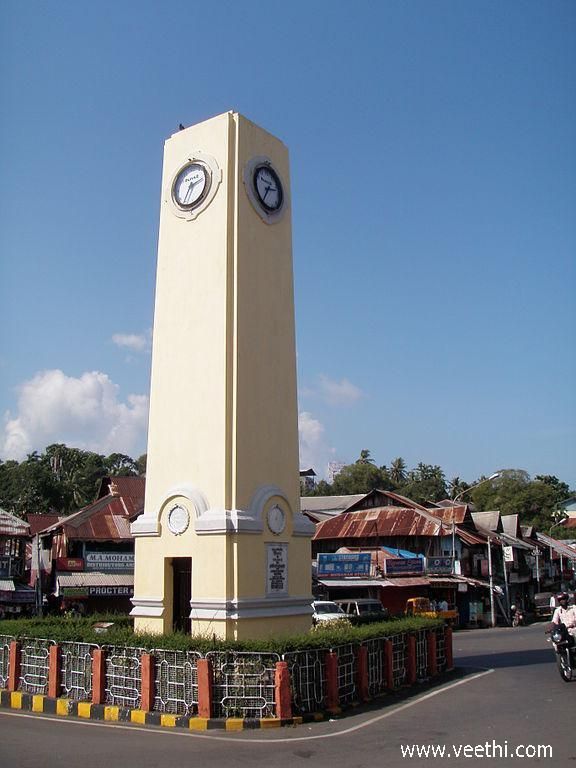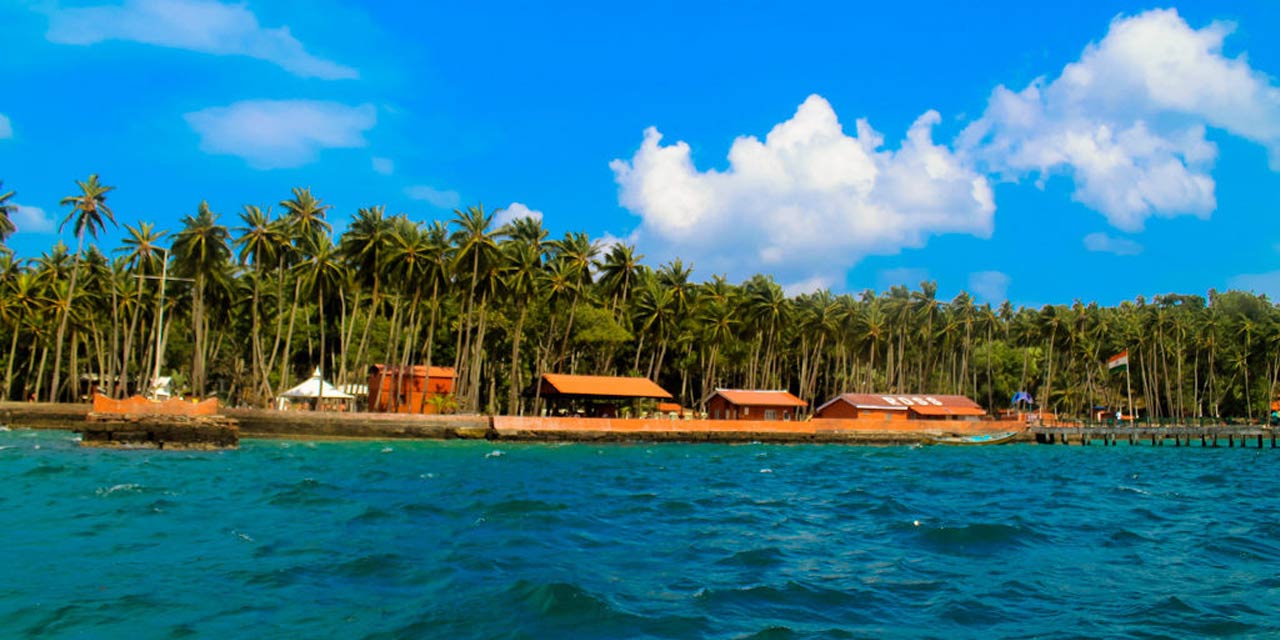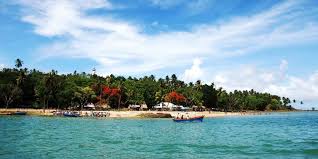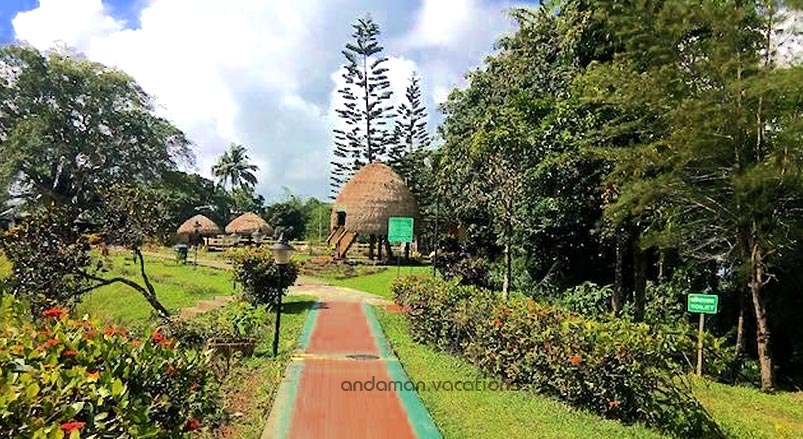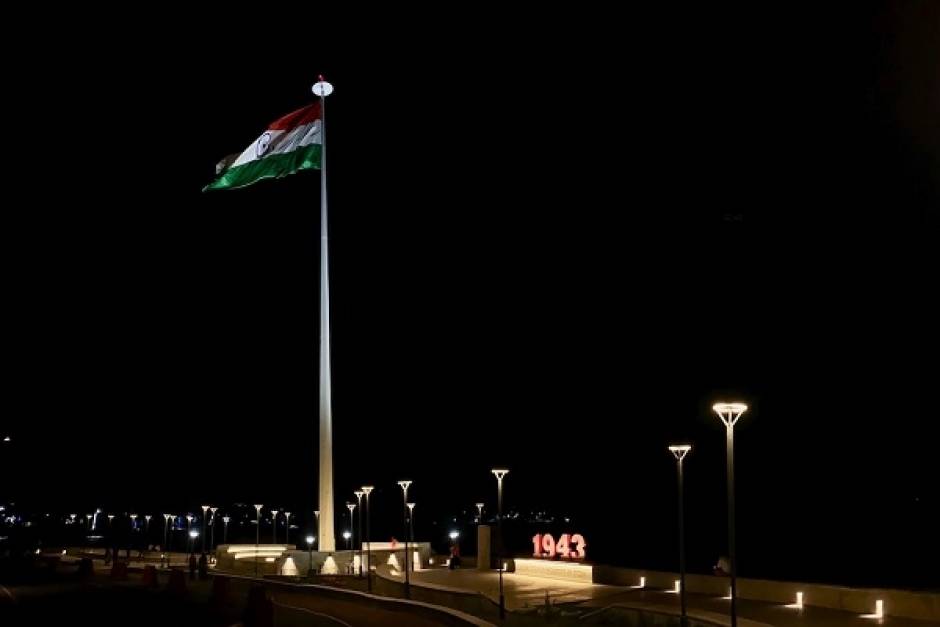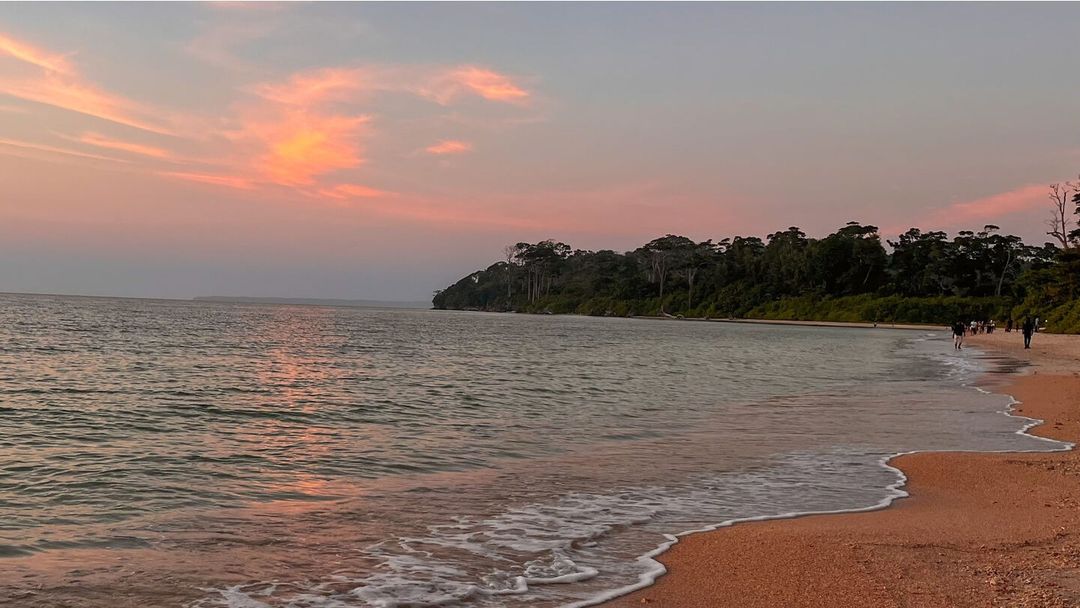Cellular Jail
Cellular Jail, also known as Kālā Pānī (Black Water), stands as a powerful testament to the struggles and sacrifices of India's freedom fighters during British rule. Completed in 1906, the prison is infamous for its solitary confinement cells and harsh treatment of prisoners. Today, it is a revered national monument and a poignant reminder of India’s path to independence. Architecture and Design: The Cellular Jail is a three-story structure originally consisting of seven wings, with a total of 693 cells designed for solitary confinement. Each wing is connected to a central tower that served as the control room, allowing a single guard to monitor all wings at once. The cells are small and stark, measuring 4.5 by 2.7 meters, with a narrow ventilation window set high up on the wall, ensuring isolation and minimal interaction among prisoners. Historical Significance: Harsh Treatment: The British used the Cellular Jail to exile political prisoners, including notable freedom fighters like Veer Savarkar, Batukeshwar Dutt, and Yogendra Shukla. Prisoners endured severe physical and mental torture, forced labor, and strict punishment for the slightest infraction. Freedom Struggle: Despite the oppressive conditions, the spirit of resistance remained strong. Many inmates used the jail as a place to discuss political strategies and share knowledge, nurturing the seeds of the Indian independence movement. Memorial: In 1969, the Indian government converted the jail into a national memorial. The site includes a museum, art gallery, and a sound-and-light show that narrates the poignant history of the jail and its prisoners. Visitor Information: Timings: The Cellular Jail is open from [Insert opening hours], with guided tours available for a deeper insight into its history. Sound and Light Show: A highlight of the visit is the evening sound and light show, which dramatizes the history of the jail, recounting the tales of sacrifice and resilience of the freedom fighters. How to Reach: The Cellular Jail is located in Port Blair, the capital city of the Andaman and Nicobar Islands. It is accessible by road and a short drive from the Port Blair Airport and the Phoenix Bay Jetty. Conclusion: Visiting the Cellular Jail offers a profound experience, taking you back to a pivotal period in Indian history. It stands not only as a reminder of the past struggles but also as an inspiration for the future, symbolizing the enduring spirit of freedom and justice.
